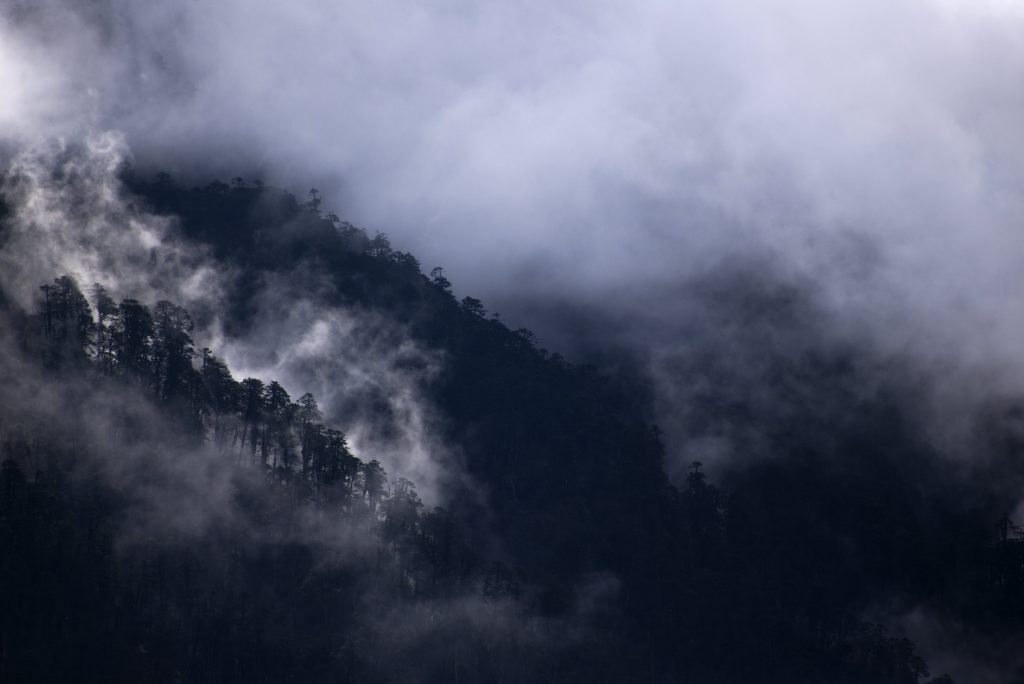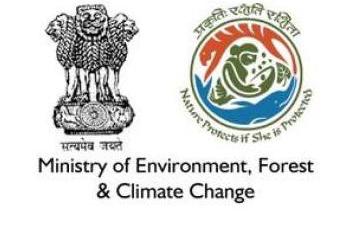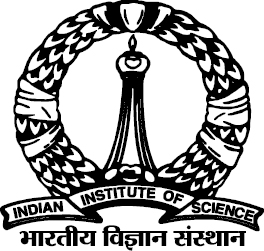
Welcome to LTEO!
Why we are here
Human-caused climate change on a global scale is now recognized as an indisputable fact. The state-of-knowledge on the projected impacts of climate change, however, continues to be highly variable. With an economy closely tied to climate-dependent resources such as agriculture, water, and forestry, countries such as India have been identified as being particularly vulnerable to the effects of climate change. India may face major threats because of the projected changes in climate, both because of the large proportion of the population that is at risk, as well as the lack of fine-scaled information on which to base mitigation and adaptation measures. In particular, information is needed on how climate change is likely to alter the distribution and quality of natural ecosystems and resources, and the impacts this will have on the livelihoods of people.
To address these needs, the Ministry of Environment, Forest and Climate Change, Government of India, has launched the Long-Term Ecological Observatories (LTEO) programme as a constituent activity of the Climate Change Action Programme of the country. LTEO is a multi-institutional, multi-disciplinary, all India coordinated project, being led by the Indian Institute of Science, Bengaluru. In its first phase, the LTEO programme will monitor a range of themes and taxa across the Indian subcontinent including soil, forests, grasslands, invertebrates, fish, herpetofauna, birds, animal movement and marine ecosystems. The work will be initiated at 6 index sites representing different biomes including the Northwestern Arid Zone, Western Himalaya, Eastern Himalaya, Central India, Western Ghats and Andaman and Nicobar Islands. The entire project will be managed by a Coordination Cell and chaired by Prof. Raman Sukumar at the Indian Institute of Science.
Note: This site is under construction, so please check back for updates!


